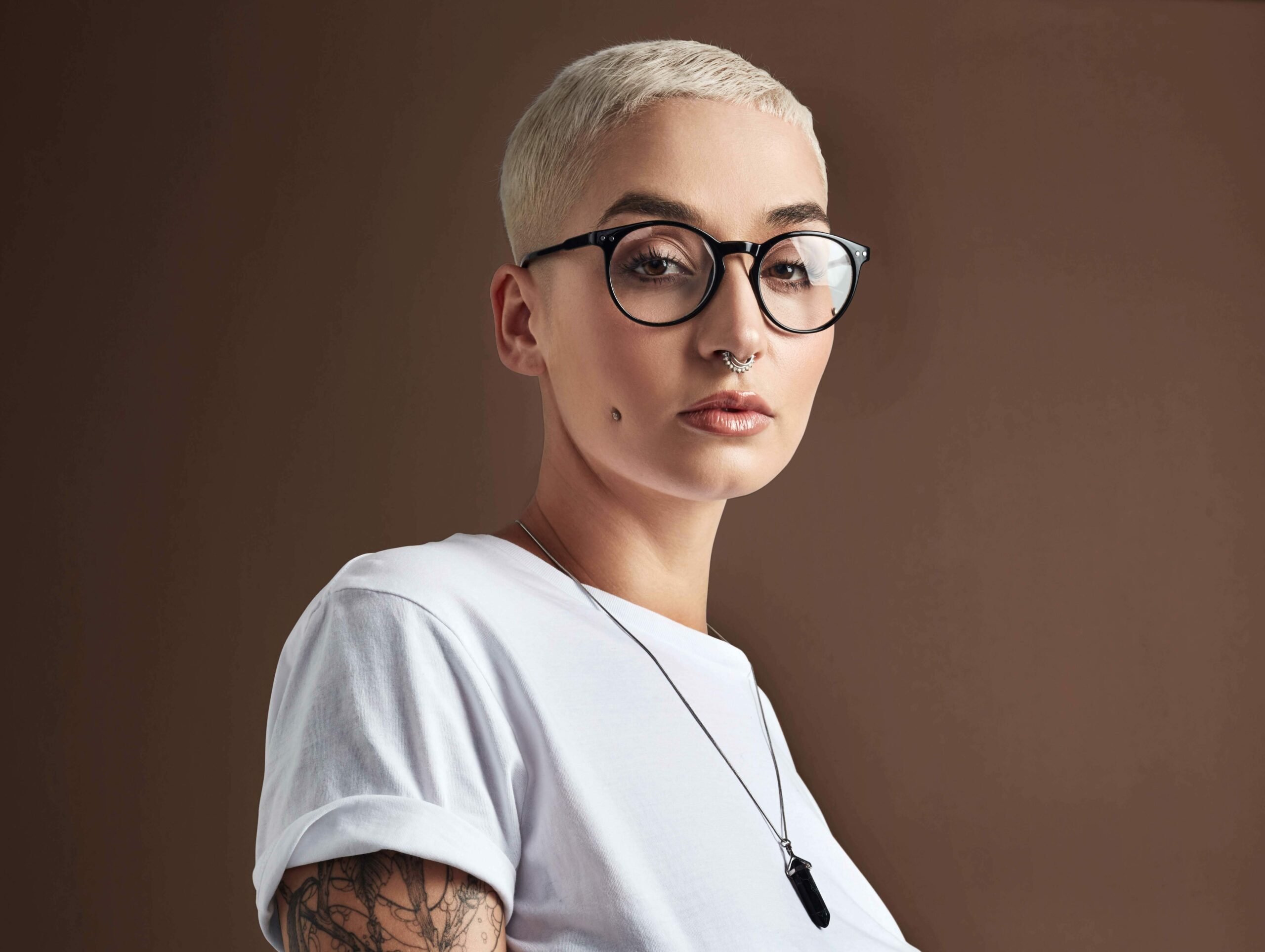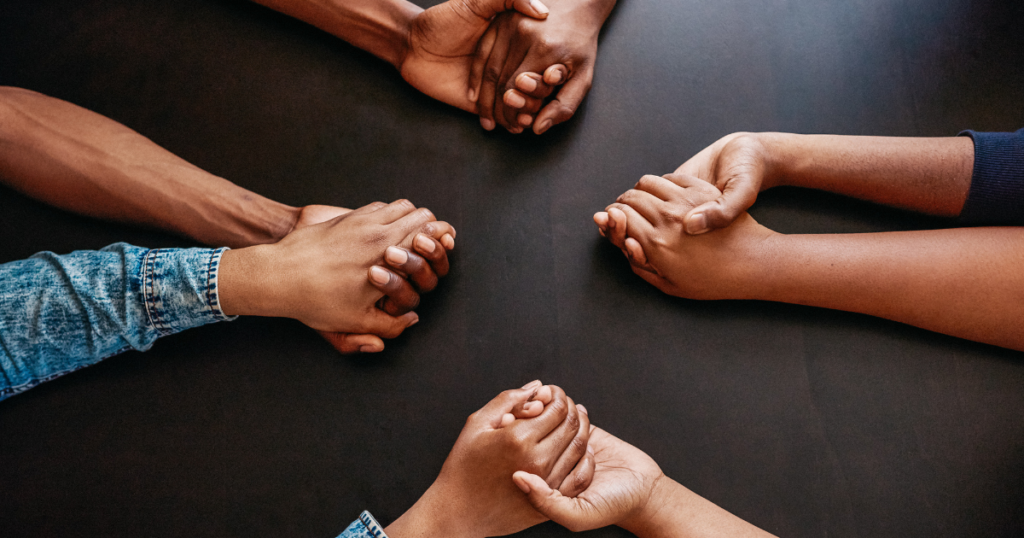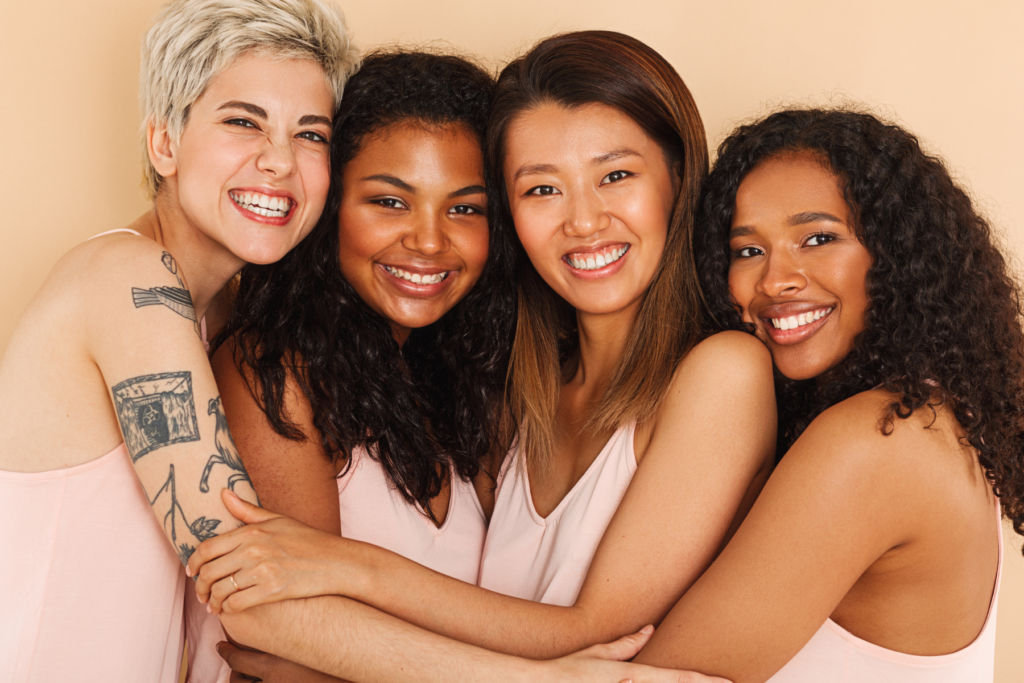Uterine fibroids are so common that more women between the ages of 35 and 54 will get them than any other type of tumor. Some studies show that up to 80% of women develop fibroids by the time they turn 50. And that means all women are at risk. But there are some factors that make it more likely you could develop the condition:
Race
Black women have the most trouble with uterine fibroids. If you’re African-American, you’re 2-3 times more likely to get fibroids than a woman of any other race. You will likely develop the condition at a younger age and will probably have more and larger fibroids than white women with the condition.
And if you do get fibroids, the symptoms — including belly pain or pressure, bloating, and unusually painful or heavy periods — will most likely be worse for you than they are for women of other races.
Obesity
Women who are obese have a higher chance of getting fibroids — up to three times higher — than women who are not.
Studies show that having a higher body mass index (the calculation of your body fat based on your height and weight) makes you more likely to get fibroids, especially if you have over 30% body fat and carry excess weight in your abdominal area.
Why is body size a factor with fibroids? Nobody’s sure, but it’s known that obesity can cause a woman to produce more of the reproductive hormone estrogen. And studies show that women with higher amounts of estrogen have a greater chance of developing fibroids.
Eating habits
If you’re big on burgers and skip the salad, you’re increasing your risk of getting fibroids. Eating lots of red meat (like beef) and ham, and not enough fruit and green vegetables, seems to make it more likely that a woman will develop the condition.
Family history of fibroids
Some studies suggest that fibroids could be hereditary: If your mother had the condition, that makes you three times more likely to get fibroids than someone who doesn’t have them in the family.
Pregnancy history
Women who have never been pregnant are more prone to getting fibroids than women who have. The more times a woman gets pregnant, the lower her risk of developing the condition.
If you think you might be suffering from fibroids, there are many options for treatment, from the minimally invasive (like Uterine Fibroid Embolization, also called UFE) to the more extensive (such as a hysterectomy). Talk to an ob/gyn to decide which is best for you.
If you have fibroids, Viva Eve can help
The doctors at Viva Eve have years of experience in the treatment of both uterine fibroids and adenomyosis through uterine fibroid embolization (UFE). At Viva Eve we are committed to providing high-quality, personalized care for each and every patient we see. We will partner with you to determine the best way to treat your problematic fibroids or adenomyosis.



